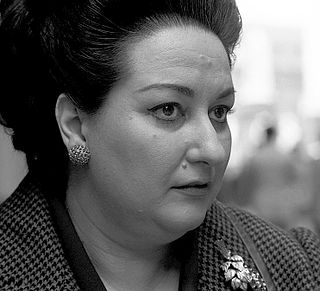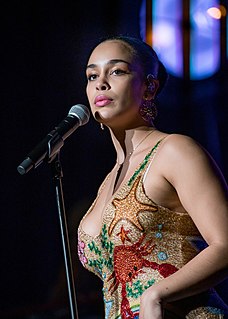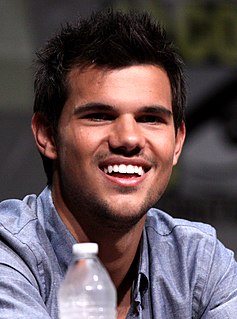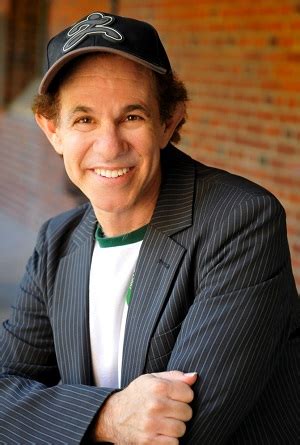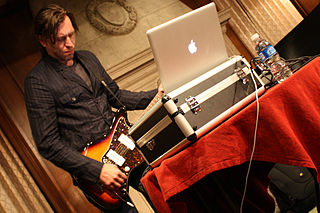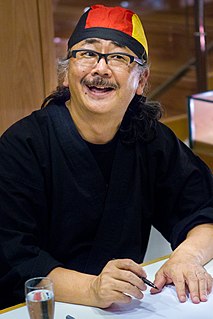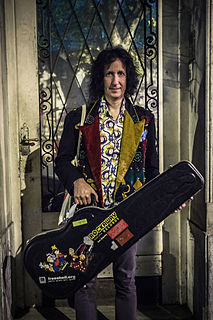A Quote by Ted Cruz
I'll tell you sort of an odd story: My music taste changed on 9/11. And it's very strange. I actually intellectually find this very curious. But on 9/11, I didn't like how rock music responded. And country music collectively, the way they responded, it resonated with me.
Related Quotes
The music industry went through such a strange stretch in 1977, especially in this country, with the whole punk rock thing coming about. Punk was rebellious-and justified in that response-but it had very little to do with music, and so it created a highly-charged but frighteningly floundering atmosphere that I found very, very disheartening. Musical quality for me has always been an important part of rock'n'roll-and winning recognition for that has long been an uphill battle all the way. Punk seemed like rock'n'roll utterly without the music.
There are many fans of hard rock music that have been wrongly pigeonholed as apathetic. This music is not music for the elitist coffeehouse culture in SoHo. It' s rock 'n' roll music for kids across the land, and I think that makes it much more subversive in a way, in that it has the form and the function of a powerful, populist music, but it can carry very incendiary messages.
I am so all over the place with my music taste, it's ridiculous. It is! I mean, I find myself listening to weird things like hardcore techno music and then I'll be listening to mainstream hip-hop music. But it's like I am so crazy with my music taste. I'll listen to a song, I'll become obsessed with it, and then I'm on to the next one. So it's just very inconsistent.
The weirdest thing I've been fascinated with nowadays is the new contemporary country music, which to me sounds like very strange '70s pop, and sometimes like rock music. But some of the themes in there - maybe it's because I know how the songs were written, but it really does sound like it was written by two or three people, with the idea to appeal to the most general audience.
I started playing guitar at the age of 8 or 9 years. Very early, and I was like already into pop music and was just trying to copy what I heard on the radio. And at a very early age I started experimenting with old tape recorders from my parents. I was 11 or 12 at that time and then when I was like 14 or 15 I had a punk band. I made all the classic rock musician's evolutions and then in the early nineties I bought my first sampler and that is how I got into electronic music, because I was able to produce it on my own. That was quite a relief.
Music is very personal. It is not objective. We're not talking about how tight they were. How famous they are. How rich they are. For me it's like food. You taste it, and you either love it, or you think it's boring, or it tastes bad, which is three reactions I have with music, just like food, it's very personal.
First, I started to play the organ. I did that until I was 11. From the age of 11 to 13, I gave up music entirely. And then at 13, I picked up the guitar, and after one and a half years, I started practicing intensively. I began playing in rock bands, and it was there that I discovered that the music I liked to write was always instrumental.
I believe that the greatest music is storytelling anyway, in a heightened medium. So I write a lot of music, and I play a lot with my guitar, I still sing a lot, but now I'm more personal about it than public, in a way. I think there will be a time where I'd like to bring the singing back into some of my performances. It all depends if the material's right, if the story's right, if it's my kind of taste in music, as well. It means so much to me. We all know how affective music can be, I just want to make sure when I do it, I'm doing it because I actually feel it and I care about it.


